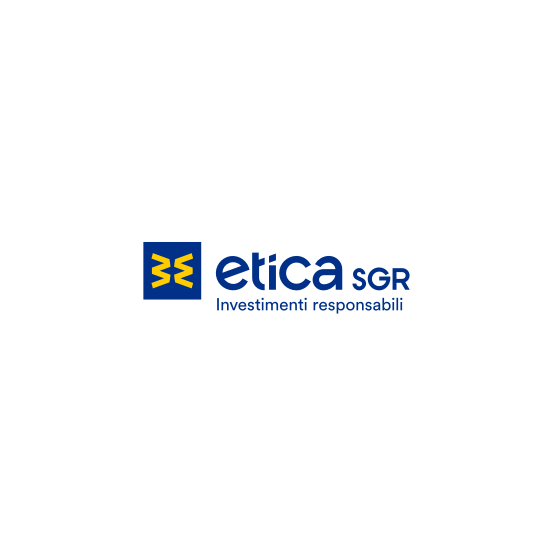For the first year, on 19 June 2015, Etica Sgr voted at the annual shareholders’ meeting of Denso Corporation drawing management’s attention to some aspects linked to corporate sustainability. Denso is a Japanese company which produces integrated systems and components for major automobile manufacturers at international level.
Like every year, the shareholders’ meeting was asked to renew the Board of Directors and the Company suggested to the shareholders the confirmation of the ten members already present in 2014 and the election of three new directors. The candidates include 11 “inside directors” (non-independent directors) and only 2 in the capacity of “Outside directors” (independent directors). Etica Sgr expressed a favourable vote to the election of 9 members whose profiles raised no objections and abstained from the appointment of four executive directors due to gaps identified in the corporate governance, such as the absence of gender diversity and a percentage of independent directors not in line with international best practices. In relation to the election of the Board of Auditors, Etica Sgr voted in favour of the election of two statutory auditors and abstained from that of Mr. Yoshida, as, albeit considered independent by the Company, he was found to be a manager at the majority shareholder of Denso, Toyota Motor.
Etica Sgr, albeit having deemed positive the decision by Denso to request approval at the shareholders’ meeting of the fees allocated to the Directors despite not being required to do so under Japanese legislation, in line with point 1.6 of its guidelines on shareholder engagement, decided to vote against. The reasons for that vote lie in the absence of clear information relating to the increase of the remuneration from 2013 to 2014 and the performance indicators underlying the payment of that fee and the impossibility of assessing the coherence between the fees paid and the results achieved. It has also not been possible to assess if the remuneration is linked to performances of socio-environmental nature and there is no reference to the average market remuneration; therefore, it has not been possible to assess the coherence between the fees allocated and the results achieved in the same time period.
Finally, Etica Sgr voted in favour of the remaining items on the agenda: the request for distribution of the dividend to the shareholders, the request for purchase of treasury shares and the amendments of some articles of the Company’s articles of association in relation to the fees of the Directors and Auditors.
Engagement Foreign companies


